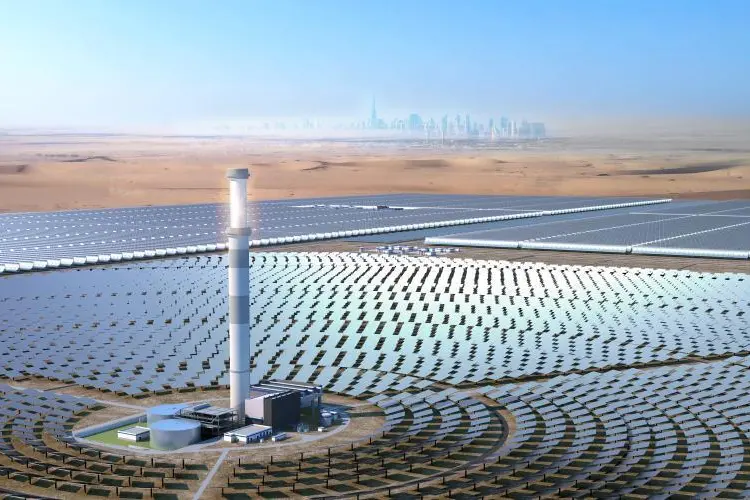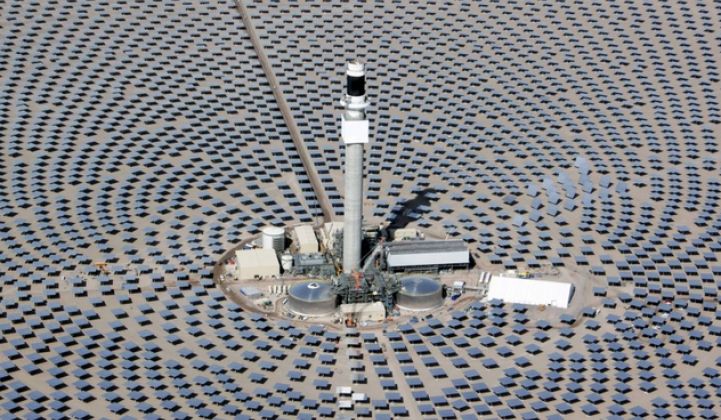
Introduction
Solar energy has a crucial role in shaping the sustainable cities of the future. As the world faces the challenges of climate change and urbanization, finding renewable energy sources that can power cities without harming the environment has become essential. This article explores the relevance and importance of solar energy in the context of environmental sustainability and urban development.
Historical Background
Solar energy has a long history dating back centuries. Early civilizations utilized solar power for heating and cooking, but significant advancements in harnessing solar energy for electricity generation were made in the 20th century. Sustainable cities, with their focus on reducing carbon emissions and promoting renewable energy, have embraced solar power as a fundamental part of urban planning.
Key Concepts and Definitions
To understand the role of solar energy in shaping sustainable cities of the future, it is important to define some key terms and concepts. Photovoltaic systems, which convert sunlight directly into electricity, and net-zero energy buildings, which generate as much energy as they consume, are crucial components of solar-powered cities. The urban heat island effect, where cities experience higher temperatures due to human activities and lack of green spaces, is a critical challenge that solar energy can help address.

Main Discussion Points
The role of solar energy in reducing greenhouse gas emissions and mitigating climate change
Solar energy has the potential to replace fossil fuel-based electricity generation in cities. By harnessing the power of the sun, renewable energy can be generated without emitting harmful greenhouse gases that contribute to climate change. Moreover, solar energy can play a crucial role in decarbonizing transportation systems by powering electric vehicle charging infrastructure.
The impact of solar energy on energy efficiency and resilience in cities
One of the key benefits of solar energy is its ability to contribute to energy self-sufficiency in cities. By generating clean energy locally, cities can reduce their reliance on centralized power grids and enhance their energy efficiency. Additionally, solar energy can improve the resilience of cities in the face of climate change-induced extreme weather events, as it provides a decentralized and reliable source of power.
The social and economic benefits of solar energy in cities
Solar energy presents significant social and economic benefits for cities. The expansion of the solar energy industry can create job opportunities and stimulate economic growth. Furthermore, solar energy can increase energy affordability and alleviate energy poverty in urban areas, providing access to clean and sustainable power for all residents.

Case Studies or Examples
Numerous cities worldwide have successfully integrated solar energy into their sustainable development plans. For instance, Copenhagen, Denmark, has implemented ambitious solar initiatives, resulting in increased energy generation and reduced carbon emissions. Similarly, in San Francisco, California, solar installations have not only reduced greenhouse gas emissions but also created jobs and boosted the local economy.
Current Trends or Developments
Advancements in solar energy technology have made the integration of solar power into cities more efficient and cost-effective. Improved solar panels and energy storage solutions have increased the viability of solar energy as a reliable power source. Moreover, urban planning and design have begun incorporating solar energy solutions, with innovative approaches such as solar-powered streetlights and building-integrated photovoltaics becoming increasingly popular.
Challenges or Controversies
Implementing solar energy in cities does come with its share of challenges. One common hurdle is land availability, as solar installations require large areas for optimal efficiency. Additionally, grid integration can be a complex process, as existing power infrastructure may not be designed to handle the influx of solar energy. Controversies also exist regarding the effectiveness and feasibility of solar energy in certain contexts, highlighting the need for careful planning and consideration.

Future Outlook
The future of solar energy in shaping sustainable cities looks promising. Advancements in technology and ongoing research are expected to further enhance the integration of solar energy into urban environments. Emerging trends, such as solar-powered electric vehicle charging stations and smart grid systems, hold great potential for the efficient utilization of solar power in cities. As the world focuses on transitioning to clean and sustainable energy sources, solar energy will continue to play a vital role in shaping the cities of the future.
Conclusion
Solar energy is a crucial component in the development of sustainable cities. Its ability to reduce greenhouse gas emissions, enhance energy efficiency, and provide social and economic benefits makes it an essential part of urban planning. By harnessing the power of the sun, cities can pave the way towards a greener and more sustainable future. Continued investment in solar energy and its integration into urban environments is imperative for governments, communities, and industries.




